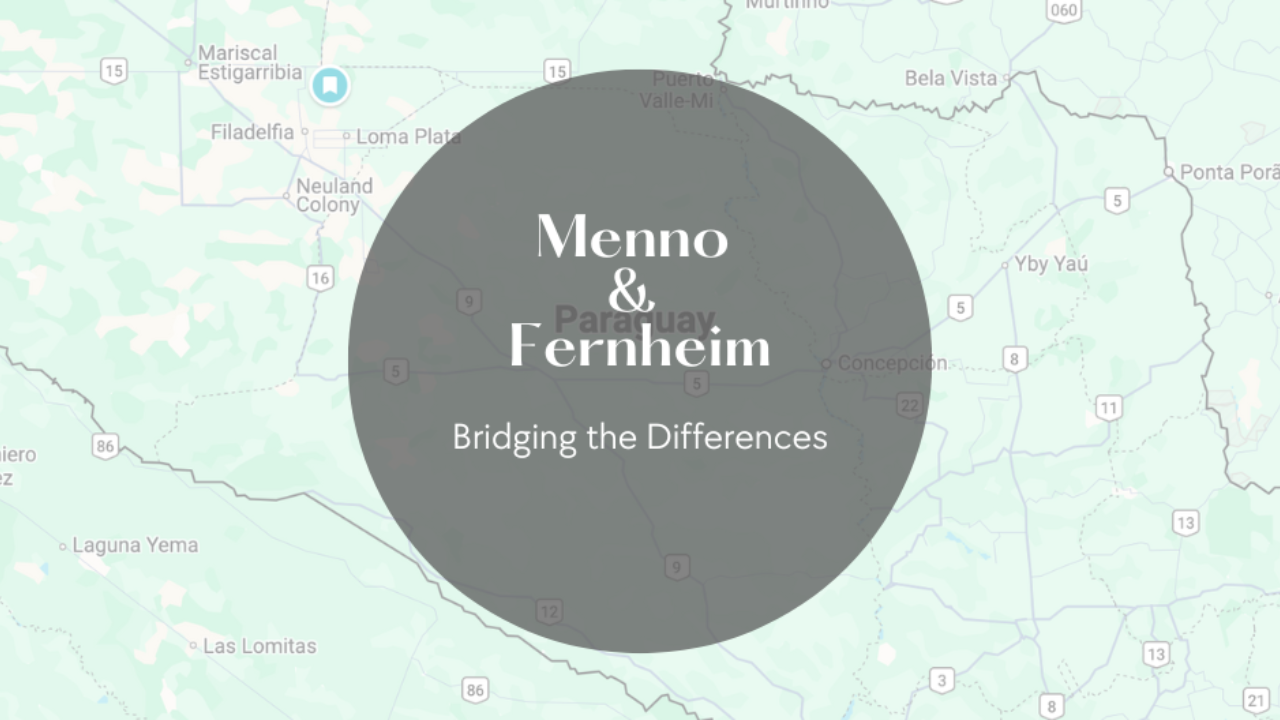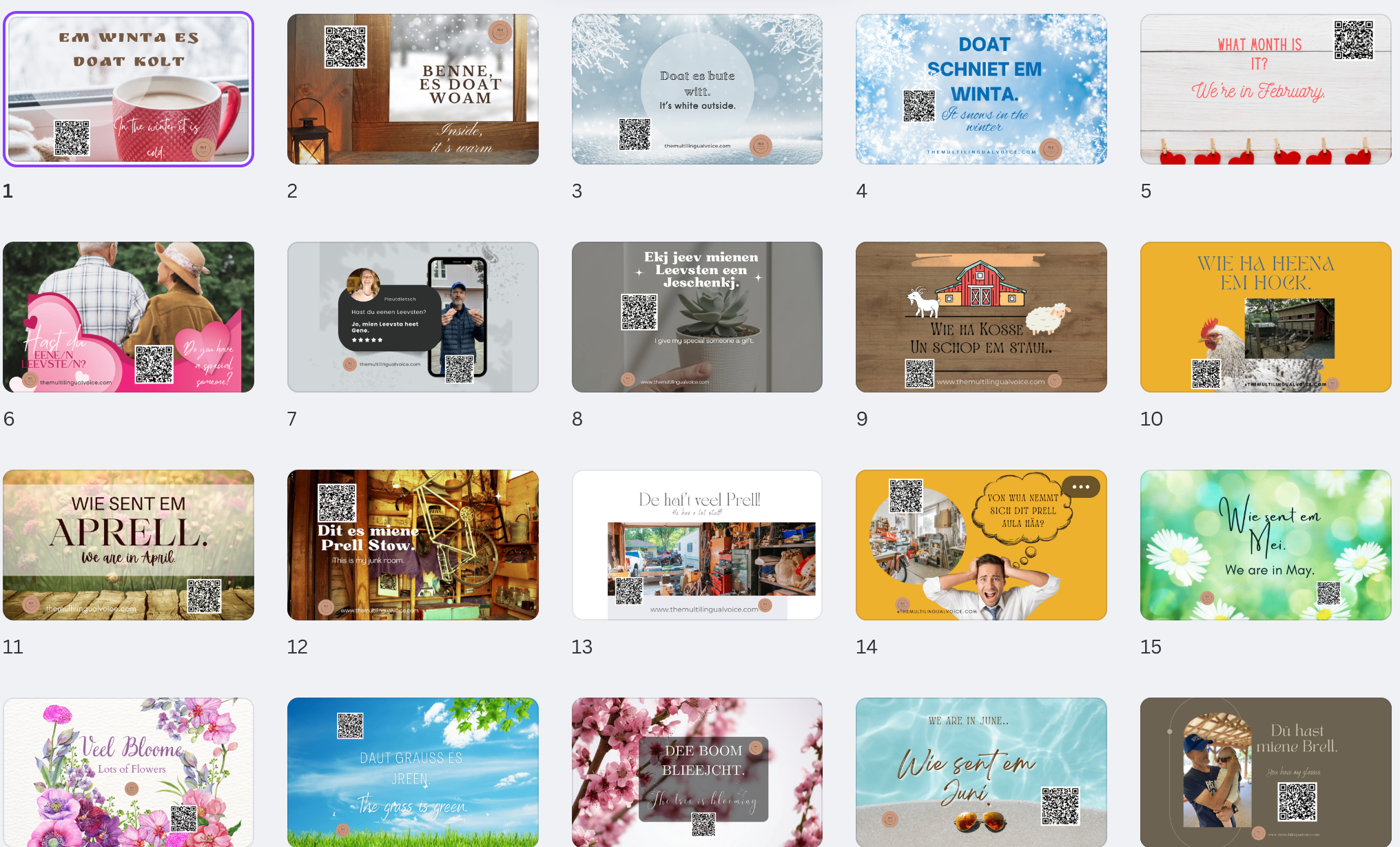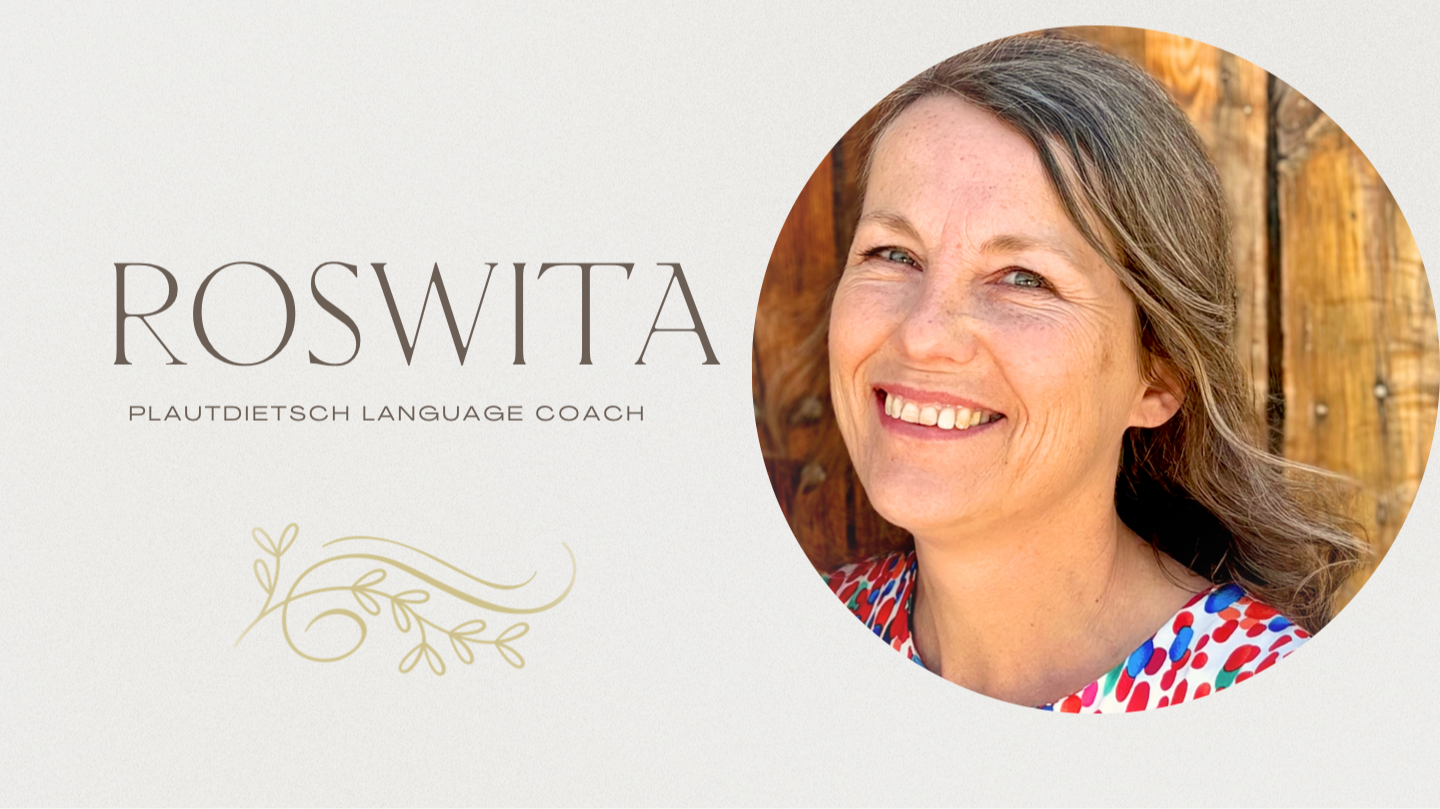The Mennonite Pioneer Mindset in Paraguay

Here are four foundational practices that backed the mindset and discipline the Pioneer Mennonite Women clung to while overcoming hardship, death, and discouragement. These were essential to the Paraguayan colonies' success today, almost 100 years later.
Humor
Amid hardship and minimal resources, the thing that kept these pioneer women going was being able to laugh at themselves. The pioneers of the Chaco used humor to make life easier. The Low German language is very conducive to that. For some reason, it's easy to laugh when communicating in Plautdietsch; one of the reasons I enjoy speaking the language is that it defaults to much laughter.
Mrs. Klassen was a prime example of this. She chose humor amid hardship. Even though she was firm and strict about fulfilling responsibilities and managing the farm, she left room for laughter. She spoke the ‘Old Colony’ Plautdietsch, and when she called the boys to come to eat, she would holler, “Eten Komen.” Her sons got a kick out of copying her accent since everyone around her spoke the Molotschna Plautdietsch, “Ete Kome.” She laughed along with them. (Laughing at each other was a permissible form of humor done with measure).
When a new daughter-in-law who hadn’t been raised speaking Plautdietsch came on the scene, it was her job to begin practicing it since the mom wouldn't change her language of communication.
This offered room for more laughter in the family because, as all language learners know, some words are hard to differentiate when attempting to speak a new language. For her, the confusion between Hustje (the little house or hut) and Hiestje (the outhouse) became the joke when she offered to take the butter to the Hiestje instead of the Hustje (a hut was used as a place to keep things cool).
Humor became a positive perspective in a context of uncertainty and hardship. Being able to pivot from the seriousness of life to taking things with a bit of laughter was essential to moving forward with hope.
Determination
Stalin came into office in 1928, and it didn’t take long for farmers, preachers, and teachers to be arrested. Many Mennonites gathered their essential belongings to outrun this evil. This woman showed strength by not letting her emotions take control of her actions. Instead of losing it when they came to get her husband, she spoke up confidently and steered them away from what they had come to do.
With this same determination, she faced the challenges of the dry season in the Chaco. Most of the time, the rainy season began after the dry winter months (June and July), but there were times when it wasn’t enough, and those planting would have to wait until the big rain came.
Sometimes, the dry season lingers, and any plants in the ground dry up. There are no nearby rivers, and fresh groundwater is limited. Irrigation for the crops is out of the question. This called for much patience and waiting for God to bring the rain.
One year, after much praying and waiting, the big rains came. The only setback was that it was Christmas Eve Day, and everyone was in great anticipation for the celebrations that would begin that evening.
This didn’t deter those who knew this was a small window of opportunity to get the seeds into the ground. The sweet potatoes had to be planted, and nothing was going around it. No complaining helped. The whole family went out in the field and planted everything just in time to get cleaned up for the Christmas Eve Service.
Feelings had to take the back seat when facing small windows of opportunity. You had to push yourself to do the unpleasant task because of the desperately needed harvest a few months later. ‘I don’t feel like it’ was not an option for the pioneers.
Sustainability
Most families in the early years of settling in the Chaco had many kids. Children were a blessing from God because they meant there were more laborers in the field and chores in the barn and house. Machinery was limited, and until the first tractors were imported, children played an important role in food production.
The kids had to help out wherever they could. They worked in the field as well as in the house. They helped with laundry, hanging clothes on the line, cleaning floors, and whitewashing the walls. Sometimes, it meant helping with baking, like kneading the dough and starting the fire in the oven.
It was also expected that everyone on the farm would work until lunchtime. Anyone who returned early because it was so hot would be sent back out to finish the morning work and to return at the expected time for a break at noon.
The typical way of pushing kids to get out of the hammock and up and going after lunch break was to put some social pressure on them. Look, Mr. Sawatsky is already in the field. It's time to get going! If the neighbor was already working, then it was time for everyone to follow suit. It might become the village talk that the Klassen family needs help getting started after lunch.
A sustainable lifestyle meant that you worked together as a community and formed expectations or social norms for the community during the early years of settling in the Chaco. Social pressure was put on the individual who might want to go against this. To keep things moving forward, everyone followed a similar lifestyle and routine.
Grounded Faith
Even though much value was placed on working hard and doing what you could to provide for your family, the new challenges of limited fresh water kept everyone dependent on God. The weather was unpredictable.
The early settlers regularly prayed for rain, and special prayer meetings were arranged to plead for rain. Mrs. Klassen remembers having knelt in the field, touching the rolled-up Sorghum leaves suffering from the drought, pleading to the Lord for rain. Remaining grounded in a providential provision and care was one of the foundational themes of the pioneers of the Chaco in Paraguay.
These examples were taken from Peter P. Klassen's book Frauen Schicksale. He gathered stories from women who had overcome tremendous challenges during the early years (1925 -35) in the Chaco of Paraguay.
The Language Learning Guide
Get the FREE resource to boost your language learning efforts.
If you are wanting to learn a new language for a specific situation and you just can’t find the program to meet that need, I’ve created a guide with strategies and tools to create phrases that resonate with your context.
We hate SPAM. We will never sell your information, for any reason.




